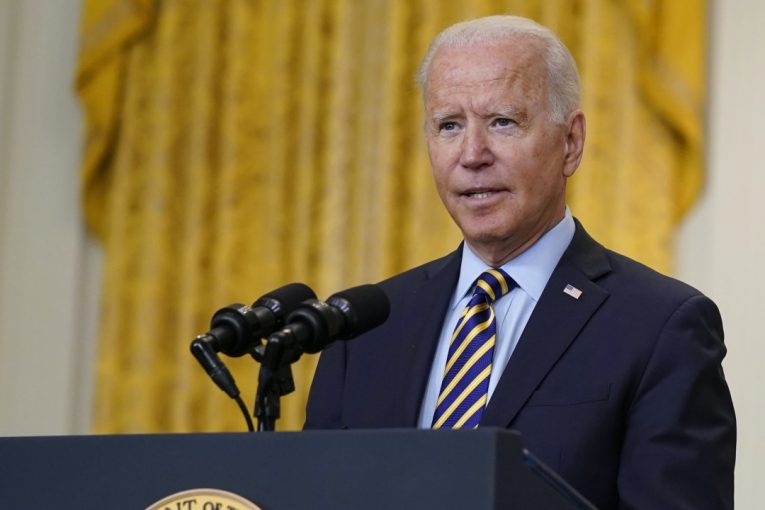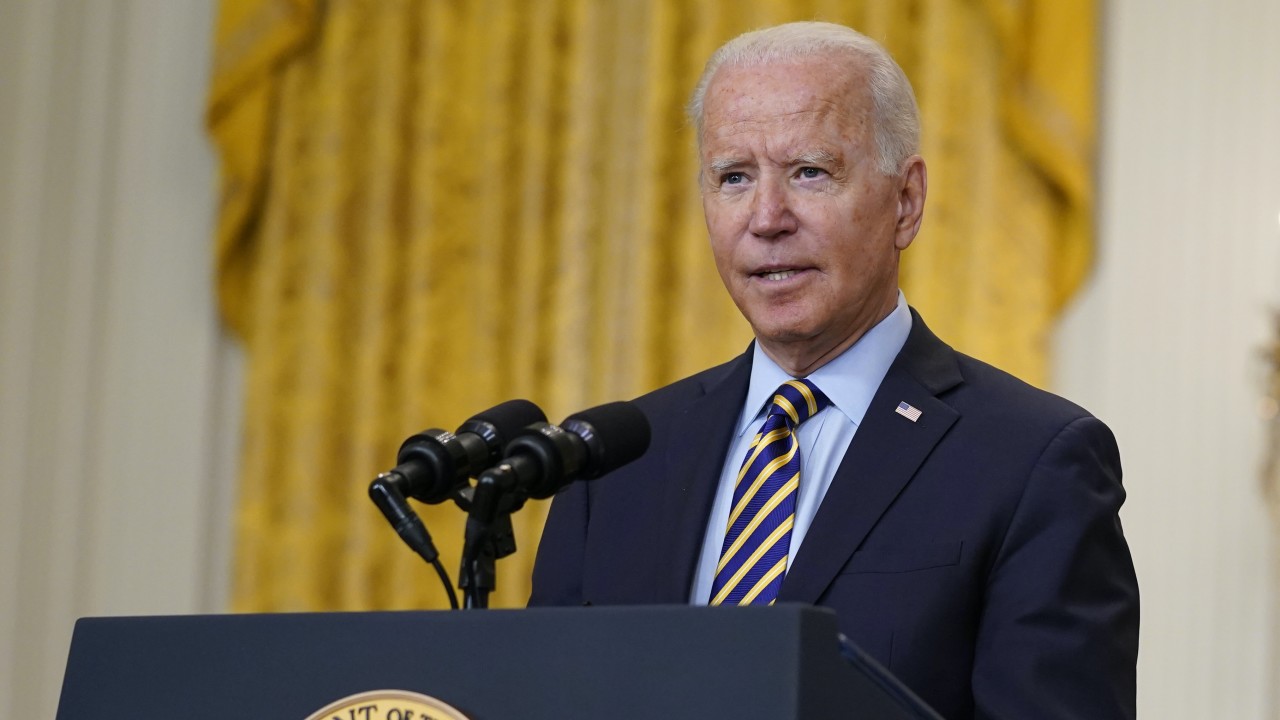

by Robert J. Hansen
President Joe Biden signed into law Wednesday, the Methamphetamine Response Act, which Senators Dianne Feinstein (D-Calif.) and Chuck Grassley (R-Iowa) and Representatives Scott Peters (D-Calif.) and John Curtis (R-Utah) introduced to help address the rising abuse of methamphetamines.
The law requires the government to declare methamphetamine an “emerging drug threat” and to develop a response plan specific to methamphetamine.
A recent National Institutes of Health study found that methamphetamine-related overdose deaths nearly tripled between 2015 and 2019.
“I thank President Biden for signing this important legislation into law,” Senator  Feinstein said. “Methamphetamine abuse has soared in recent years, with the NIH estimating that meth overdose deaths nearly tripled between 2015 and 2019. Now that our bill has become law, the Office of National Drug Control Policy will develop and implement a plan specifically targeting the rising use of methamphetamine. We can and must do more to prevent these senseless overdose deaths.”
Feinstein said. “Methamphetamine abuse has soared in recent years, with the NIH estimating that meth overdose deaths nearly tripled between 2015 and 2019. Now that our bill has become law, the Office of National Drug Control Policy will develop and implement a plan specifically targeting the rising use of methamphetamine. We can and must do more to prevent these senseless overdose deaths.”
Thanks to President Biden for signing our Methamphetamine Response Act into law last night. Methamphetamine overdoses have soared in recent years, and this legislation will direct the Office of National Drug Control Policy to develop and implement a plan to address this crisis. pic.twitter.com/zhtm2sN83W
— Senator Dianne Feinstein (@SenFeinstein) March 15, 2022
Senator Grassley said the bill received strong bipartisan support from Congress after working on this issue for the last few years.
“While meth isn’t a new drug, traffickers are finding ways to increase its potency and widen distribution, which has resulted in a spike in overdose rates,” Senator Grassley said. “Our new law will help law enforcement better respond to the challenges presented by drug traffickers’ evolving tactics, and it will ensure our federal partners continue prioritizing response and strategy to address the meth crisis. I’d like to thank Senator Feinstein for her partnership on this issue.”
The researchers at NIH found that from 2015 to 2019, the number of overdose deaths involving psychostimulant drugs other than cocaine, (largely methamphetamine), rose from 5,526 to 15,489, a 180% increase.
However, the number of people who reported using methamphetamine only increased by 43% over the same period.
“Once known as the meth capital of the United States, San Diego has a long history in working to combat methamphetamine production and addiction. Law enforcement officials still refer to our region as ‘ground zero’ for the nation’s meth problem, and a surge in the amount of drug smuggling across the U.S.-Mexico border in recent years has caused overdose cases to skyrocket,” Representative Peters said. “The new law will address this issue head-on by requiring the Office of National Drug Control Policy (ONDCP) to develop, implement and make public a national plan to prevent methamphetamine addiction and overdoses from becoming a crisis. As meth-related deaths continue to rise with each passing year, we must recognize meth as an emerging threat nationwide.”
“We are in the midst of an overdose crisis in the United States, and this tragic trajectory goes far beyond an opioid epidemic. In addition to heroin, methamphetamine and cocaine are becoming more dangerous due to contamination with highly potent fentanyl, and increases in higher-risk use patterns such as multiple substance use and regular use,” NIDA Director Nora D. Volkow, M.D., one of the authors of the study said. “Public health approaches must be tailored to address methamphetamine use across the diverse communities at risk, and particularly for American Indian and Alaska Native communities, who have the highest risk for methamphetamine misuse and are too often underserved.”
Over 93,000 Americans died from drug overdoses, in 2020, the largest one-year increase in overdose deaths ever recorded, according to provisional data from the U.S. Centers for Disease Control and Prevention.
This increase has largely been driven by rising overdoses involving synthetic opioids, primarily fentanyl.
But overdose deaths from methamphetamine have also risen in recent years. Many of these deaths involved the use of an opioid at the same time.
“Communities across Utah and the United States are facing the challenges created by increased Methamphetamine abuse and addiction, which has only been exacerbated by the COVID-19 pandemic,” Representative Curtis. “Recognizing the need for bi-partisan federal policy, the Methamphetamine Response Act designates this as an emerging drug threat. It will develop and implement a nationwide plan to thwart the presence and usage of this highly dangerous drug. I am proud to have helped usher this legislation through Congress and into common law.”


Sounds like they are declaring “A War on Methamphetamine“. What could go wrong?
The Meth Train has left the Meth Station (many years ago). That Meth Ship has Meth Sailed.
True dat!
This needs to be universally recognized and thankfully seems to be sinking in to the national consciousness. I wish more people had stuck with ‘American Rust’ because it painted the landscape of modern addiction — even if slow, dramatic and a TV show.